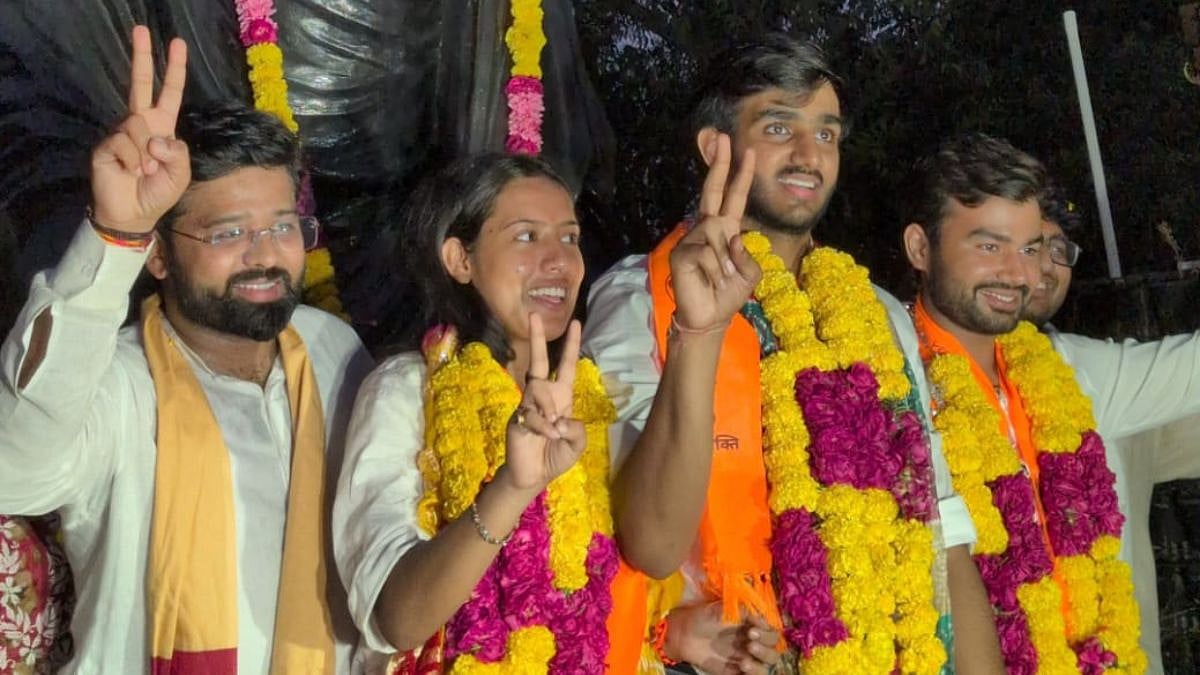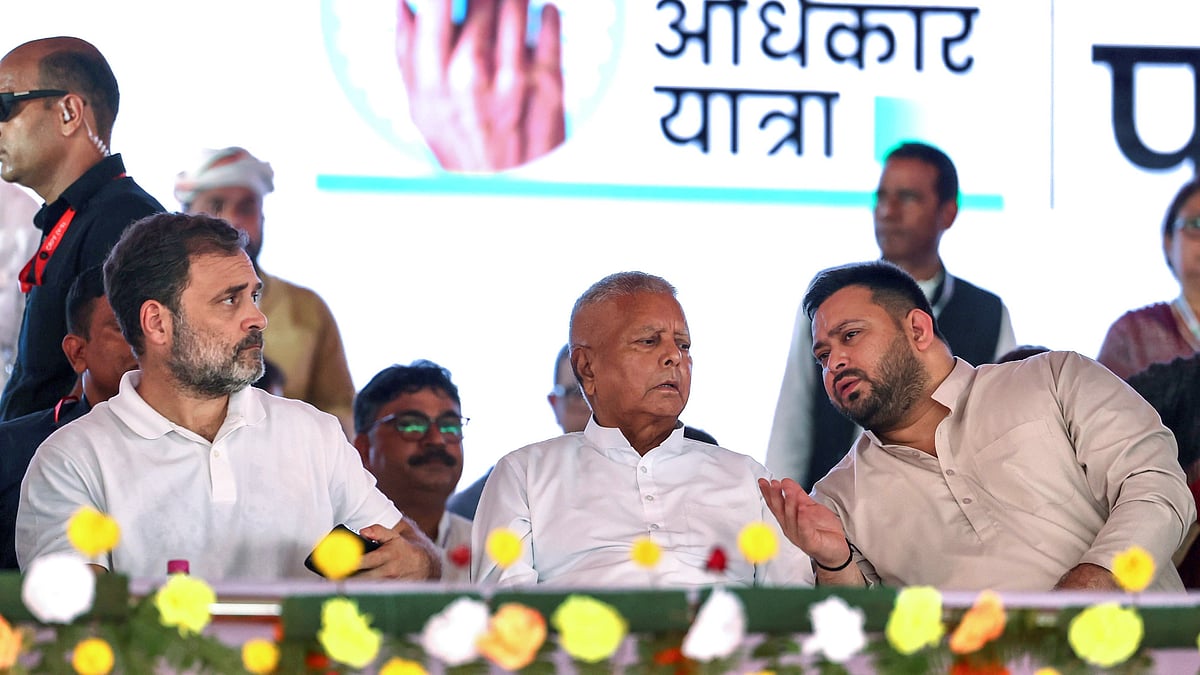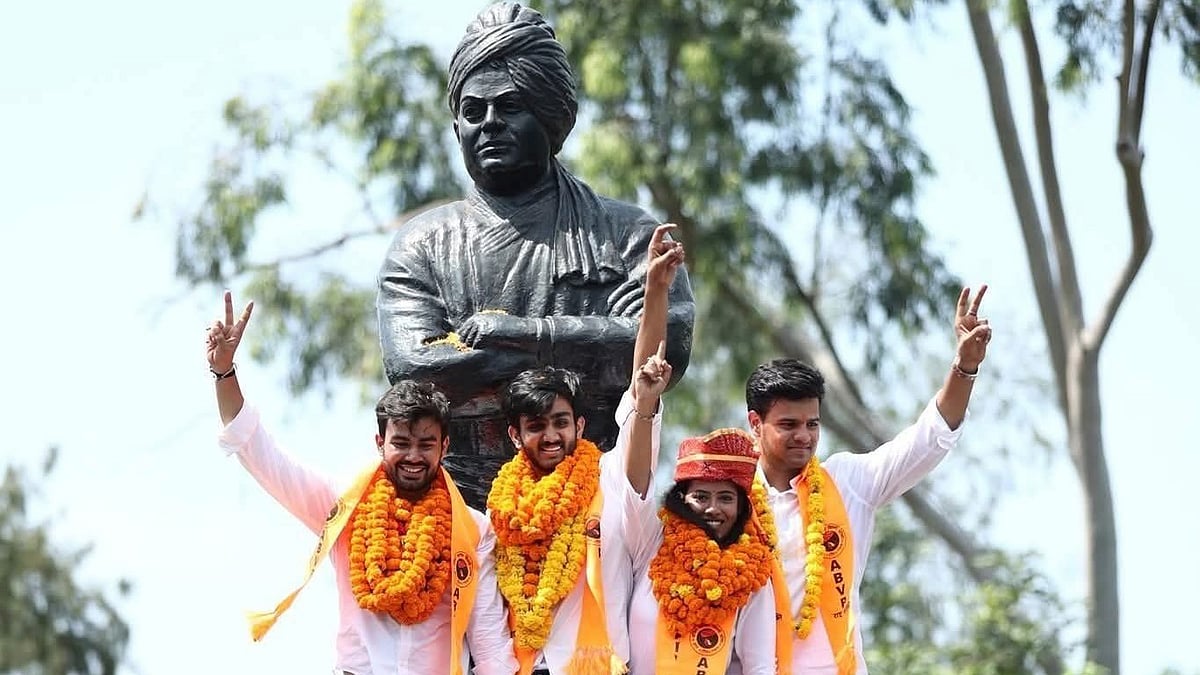Bengaluru: The Indian Institute of Management (IIM) Bangalore's NSRCEL, the startup incubator, and Indian Institute of Technology (IIT) Madras's Centre for Research on Start-ups and Risk Financing (CREST) have released a joint research report, ‘India Incubator Kaleidoscope 2024’, today, October 4, 2024.
Speaking about this study, Prof. Srivardhini Jha said, “Incubators play a crucial role in making entrepreneurship more accessible and inclusive across the country, but their activities and impact are not well understood. This report addresses that gap and highlights the need to both raise the level of incubation activity and enhance the quality of incubation efforts nationwide.”
Research Highlights
Incubator Growth:
India has over 1,100 incubators for startups, mostly in the South (45%).
Tier I cities have nearly half (48%) of these incubators.
Different cities have different types of incubators: Chennai has many academic ones (82%), while Bengaluru and Gurugram have more industry ones (71% and 84%).
India has 0.8 incubators per million people, much lower than the US, UK, and China, which have 8-10. This means India needs more incubators.
Incubator Use:
Only 8.2% of startups use incubators. Just 20% of incubators help 98% of these startups.
More incubators usually mean more startups, showing a strong connection (0.84 correlation).
Incubators are popular among students, young workers, women founders, and those with less money, which is a good sign.
Deep tech areas like AI and biotech have high incubation rates (over 12%).
Incubator Results:
Startups in incubators get their first funding faster: 27.1% within a year, compared to 15.4% for those not in incubators.
Incubated startups win more awards and create more patents (5 times more).
Incubated startups tend to last longer before closing—15% longer on average.
They also contribute significantly to the economy, generating about ₹1,590 crores annually for every 100 incubated startups. By the 9th year, their average asset value is estimated at ₹10,627 crores. Startups from industry incubators earn 50% more than those from academic ones.
Elaborating further, Prof. Thillai Rajan A., IIT Madras, said, “The narrative on the Indian startup ecosystem has centered around start-ups and investors. This report turns the spotlight on incubators, a significant link in the startup value creation chain. ‘Tell me who your friends are, and I will tell you who you are’ is a well-known proverb. In much the same way, our research finds that incubators enhance the credibility of the startups that they support. This manifests more compellingly in startup funding. Incubated startups are two and a half times more likely to get funded as compared to the non-incubated.”
Prof. Rishikesha T. Krishnan, Director, IIM Bangalore, said, “The value of innovation cannot be overstated. Incubators play an important role in supporting the unique needs of diverse creators not only by accelerating grassroots development but also by leveling the playing field.”
The project was led by Prof. Thillai Rajan A. (Head of CREST and Finance Professor at IIT Madras) and Prof. Srivardhini K. Jha (Entrepreneurship Professor at IIM Bangalore and Chairperson of NSRCEL). It provides important insights and recommendations for policymakers and business leaders on how to build and support successful startup incubators, which are crucial for creating jobs and boosting economic growth.
Prof. V. Kamakoti, Director, IIT Madras, said, “For Bharat to become a superpower, we must aspire to make our country as a Startup Nation. This effort involves interactions between multiple stakeholders. This report addresses this crucial point and the challenges. I am sure the recommendation of this report will be immensely beneficial for all the stakeholders.”
The report was launched with Amitabh Kant (G20 Sherpa, Government of India), Rishikesha T. Krishnan (Director, IIM Bangalore), Anand Sri Ganesh (CEO, NSRCEL), and others during SummitUp, a key event by NSRCEL, IIM Bangalore.










